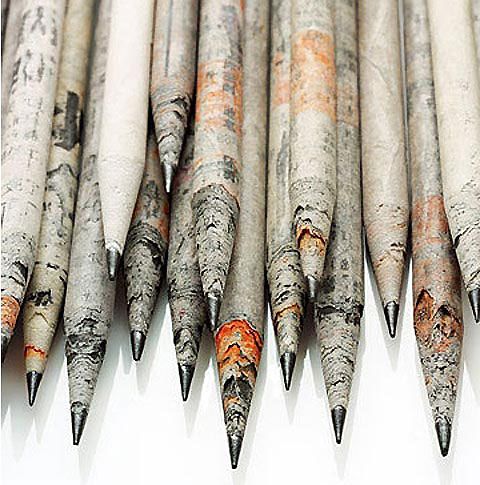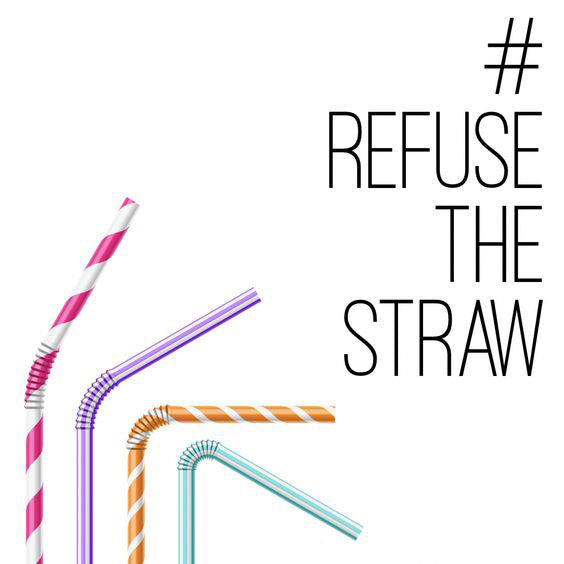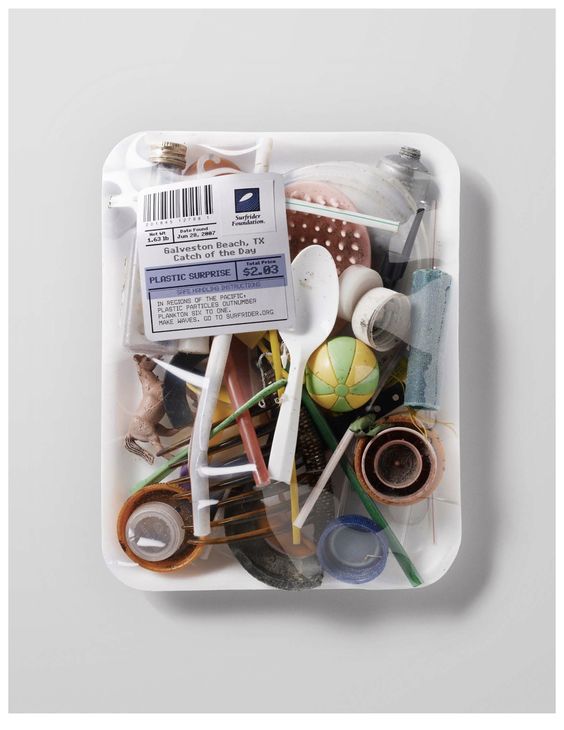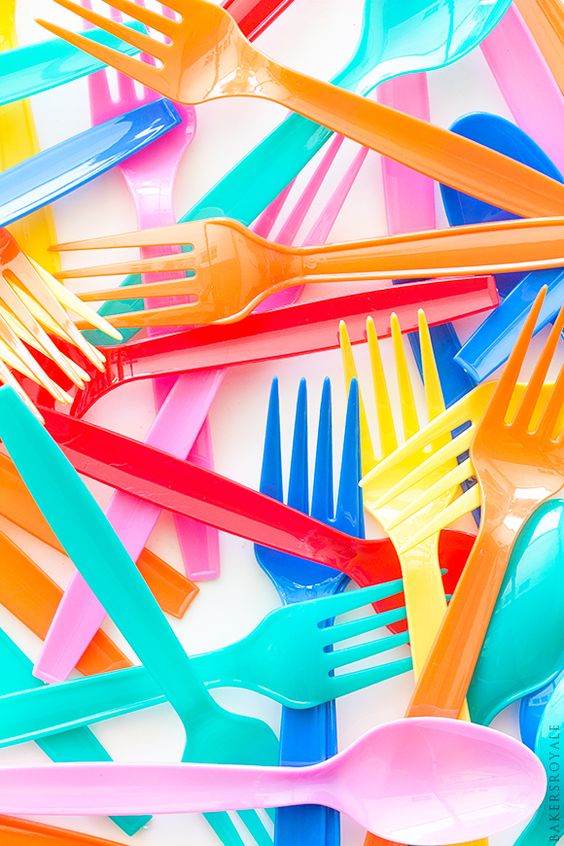Recycling Refresher
We have all recycled before. Most cities have programs that make it easy to help the planet when it comes to disposing of our trash. But like a lot of things in life we need to be reminded sometimes of the rules and that’s what I wanted to do today.


Over the years some things have changed when it comes to recycling and some rules get confused and start to become facts when they aren’t corrected. Here is a little refresher of what and how we can recycle in our own homes:
The three general guidelines are:
-
Recycle all bottles, cans, paper
-
Keep items relatively clean
-
Don’t mix plastic bags in with the rest of your recycling
DO Recycle: any plastic bottles or containers, cereal or snack cardboard boxes, phonebooks magazines, mail, office paper, newspaper, tin/steel/aluminum cans, glass jars, glass containers, beer bottles, wine and liquor bottles.


DON”T Recycle: loose plastic bags, shopping bags, plastic wrap, egg cartons, take out containers, drinking cups, soiled food containers, soiled paper products, broken glass, fast food packing.


Good Luck!




























